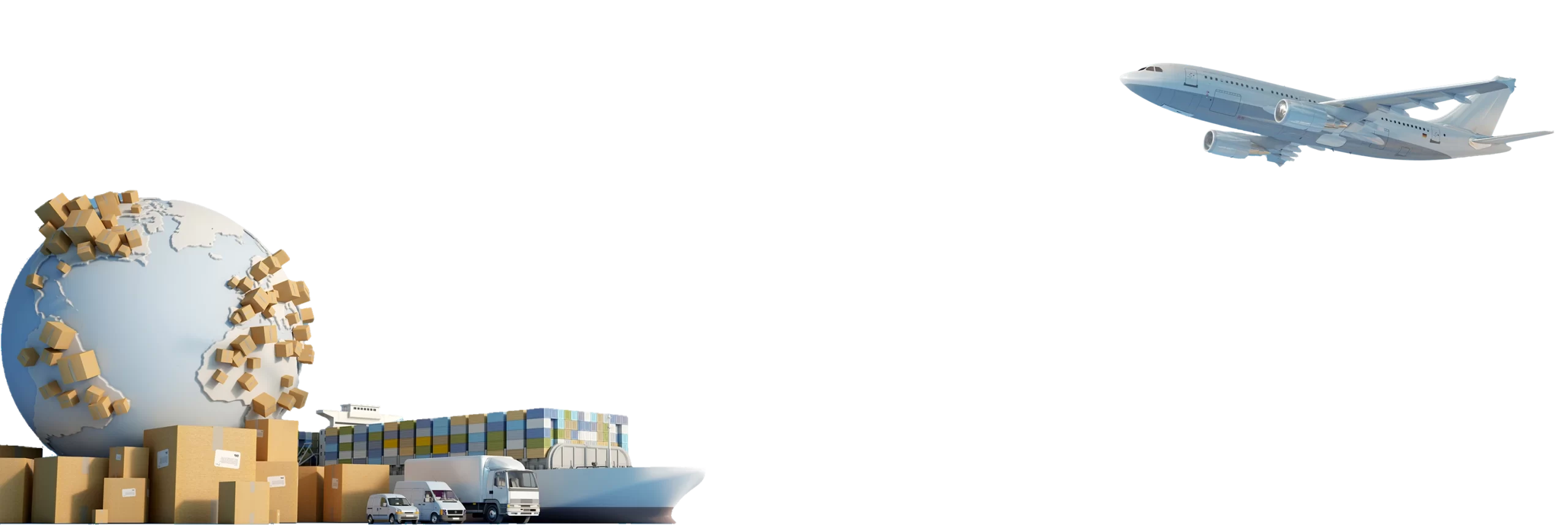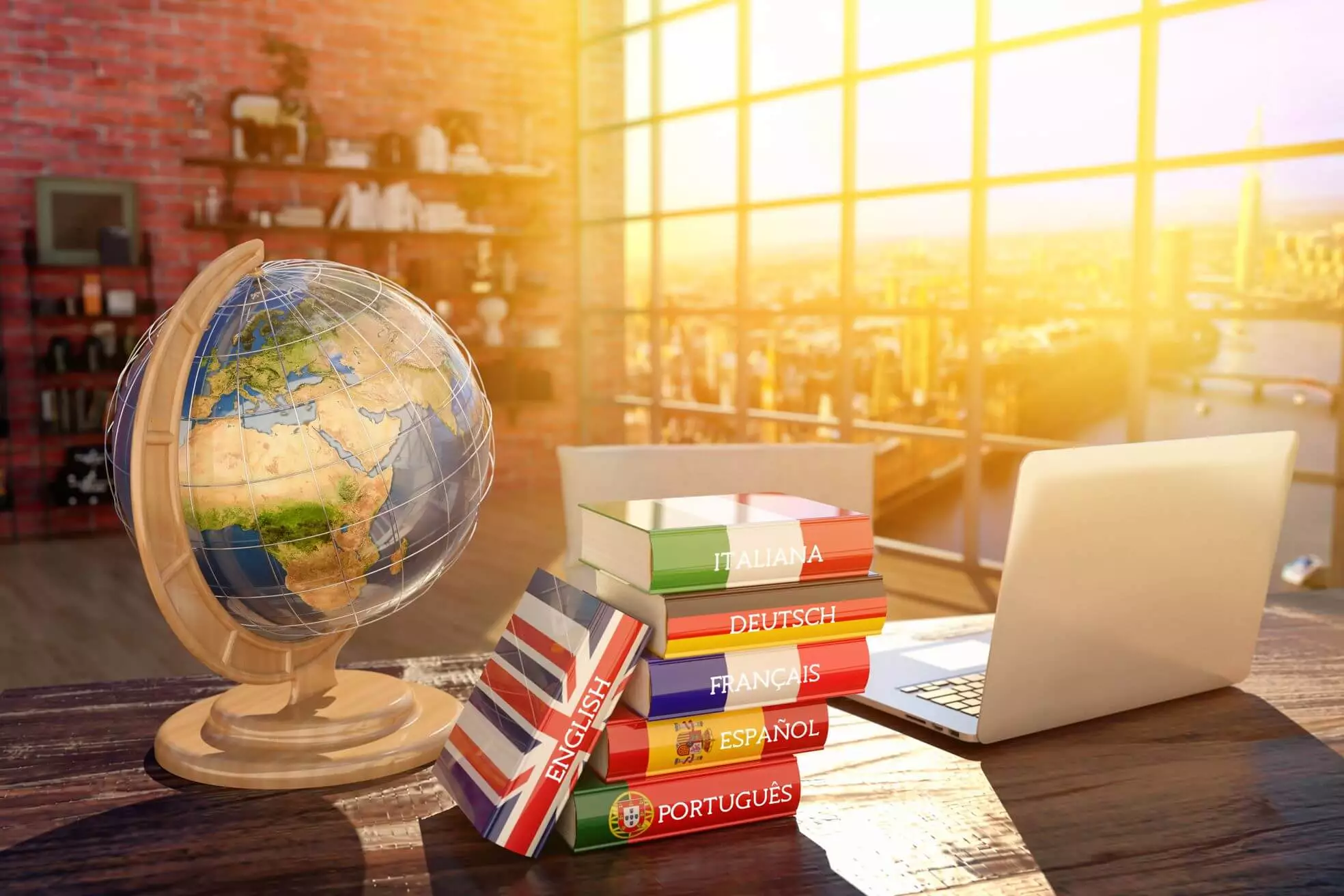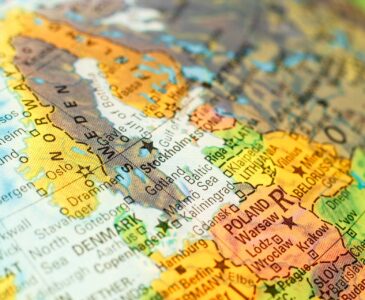Embracing a new chapter in the Land of Smiles? Moving to Thailand from the USA can be an exciting adventure filled with vibrant culture, tantalizing cuisine, and idyllic landscapes. However, transitioning to a new country requires careful planning and preparation. This ultimate guide will help you navigate through the essentials you need to consider and the steps to take, ensuring you start the journey on the right foot.
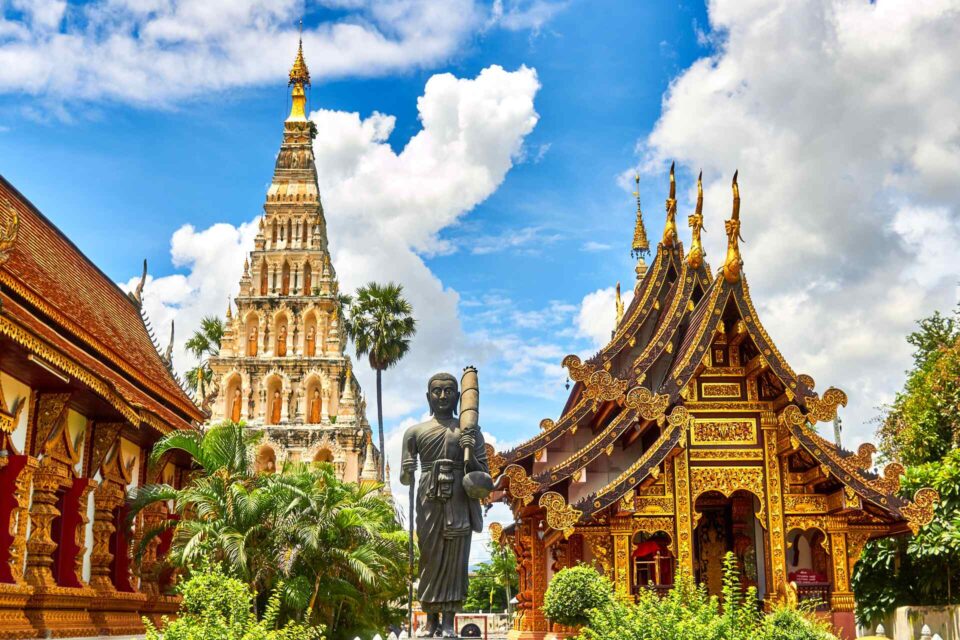
Thailand is known for its rich history and culture, and it doesn’t lack beautiful landscapes. If you’ve decided to live abroad, this country won’t disappoint you. Start relocation preparations by writing a to-do list and begin the process of acquiring the right type of visa, depending on your intent of stay. The cost of living is lower compared to the US, but it’s still important to research the economy and job market and get a job in a new city. Of course, you should get familiar with the healthcare and education systems. Lastly, explore the culture and history of Thailand – this is a crucial aspect of living in another country.
What to Expect as an American Moving to Thailand?
When moving to Thailand as an American, you’ll be immersing yourself in a country rich in history, cultural diversity, and breathtaking landscapes. Located in the heart of Southeast Asia, the country boasts diverse geography, from the mountainous regions in the north to the picturesque beaches in the south. It’s the perfect destination for moving overseas.
Thailand’s history is a tapestry of vibrant eras, from ancient kingdoms like Sukhothai and Ayutthaya to the present constitutional monarchy. This history permeates in the form of stunning temples, royal palaces, and historical sites throughout the country. Culturally, it is a warm and welcoming country known as the “Land of Smiles.”
Thai people place significant value on social harmony and respect, evident in the traditional greeting known as the “wai,” a slight bow with palms pressed together. Additionally, Thailand is renowned worldwide for its mouth-watering cuisine, ranging from spicy curries to the famous Pad Thai. Get ready to embark on a journey of moving abroad that will engage all your senses, foster personal growth, and provide an experience of a lifetime. Culture shock is guaranteed but in a good way!
What to Research Before Moving From the US to Thailand?
Before relocating across the world to this country, it’s important to familiarize yourself with the local customs and etiquette. Thai culture highly values respect and hierarchy. Public display of affection is frowned upon, and the Royal Family is held in the highest esteem, so any disrespectful remarks about them are not only frowned upon but also illegal. Understanding these customs can ease your social interactions and help you adapt to your new surroundings.
Creating a Moving-To-Thailand Checklist
Creating a to-do list is crucial to ensure a smooth transition to living overseas. This structured relocation checklist can make your move less overwhelming and help you avoid common relocation mistakes. Your checklist should include:
- Research accommodations,
- Understand visa requirements,
- Set up a bank account,
- Arrange for health insurance,
- Get necessary vaccinations,
- Organize belongings for the move,
- Arrange international shipping.

Legal Requirements for Americans Moving to Thailand
Navigating the legal requirements for relocating to Bangkok or elsewhere in Thailand requires due diligence and preparing important documentation. A key requirement is securing the correct visa type, depending on your intent of stay – work, retirement, or otherwise. For instance, a Non-Immigrant Visa is required for work purposes, while a Retirement Visa suits those aged fifty and over who plan to retire here.
These visas mandate specific documentation, including a valid passport, proof of sufficient funds, and sometimes a medical certificate. The application process, managed by the Thai embassy or consulate in your home country, can take several weeks, underscoring the need to begin preparations well in advance.
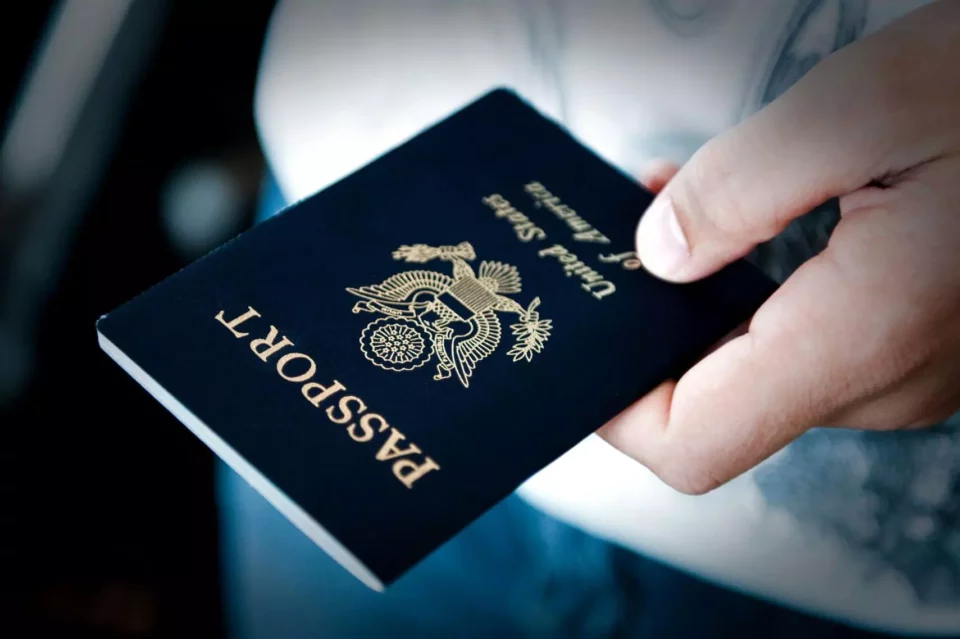
Cost of Living: Economy and Taxes
Thailand’s economy, largely export-dependent, thrives on tourism, manufacturing, and agriculture. Generally, the cost of living is significantly lower than in the US, although it varies across regions. Urban areas, like Bangkok, have higher living costs compared to smaller cities or rural regions.
Taxes in Thailand can be complex for everyone in the expat community, especially because the US requires its citizens to report their global income. Hence, consulting a tax professional is highly recommended to navigate potential double taxation and understand your fiscal obligations – this is an important relocation tip that will help you lower your relocation stress significantly.
How to Budget When Moving to Thailand With No Money
Relocation on a low budget demands astute planning. Essential expenditures, including accommodation, food, and healthcare, should be budgeted first. Economical living options such as shared apartments or homestays, coupled with consuming local cuisine – which is often cheaper than Western food – can help save costs. Public transport is relatively cheap and reliable. Remember, unexpected expenses may arise, making a contingency fund vital.

Job Opportunities and Business Etiquette in Thailand
Career opportunities for Americans in Thailand are diverse – from teaching English and hospitality roles to positions in multinational companies. Mastering Thai business etiquette can significantly ease your professional transition. Thai business culture highly values punctuality, hierarchical respect, and polite communication. The traditional “wai” greeting, demonstrating respect, is also essential in a professional setting.
How to Find Work as an American Moving to Thailand
Securing employment in Thailand might seem daunting, but leveraging networking opportunities can simplify the process. Join local expat groups and participate in community events to meet potential employers or colleagues. Online platforms, job boards, and recruitment agencies are also effective resources. However, remember that a work permit is required to work legally in the country, with your employer often playing a significant role in obtaining it.

Customs and Traditions in Thailand
Thai culture is a beautiful blend of customs, traditions, and festivals. Noteworthy customs include showing respect to elders, revering the monarchy, and the widespread spiritual practices around Buddhism. Significant holidays include Songkran, marking Thai New Year with nationwide water fights, and Loy Krathong, where locals release beautifully decorated baskets onto rivers to pay respects to the goddess of water.
Tips for Adapting and Respecting Cultural Norms
Thailand boasts a rich cultural heritage that deeply values respect and politeness. When interacting with locals, it’s essential to be courteous and show appreciation for their customs. In addition, Buddhism, being the dominant religion, has a profound influence on Thai culture. Therefore, it’s crucial to show respect at temples and religious shrines. This could mean removing your shoes before entering a temple or covering your shoulders and knees. Be mindful not to touch anyone’s head, as it’s considered the highest and most sacred part of the body. Here’s a video that will explain the basics of Buddhism – check it out:
What to Bring When Moving to Thailand From the US?
When packing for relocation to Thailand, consider the tropical climate and the ready availability of items locally. Clothing should primarily be lightweight and breathable – don’t forget swimwear! If you have specific medication requirements, bring an ample supply along with prescriptions, as not all medication may be readily available.
While electronics are available in Thailand, they can be pricier than in the US, so consider packing any necessary devices. However, keep in mind the voltage difference (220 V in Thailand) when bringing electrical appliances. Lastly, bring mementos or items that make you feel at home – this can go a long way in easing the transition to a new country.
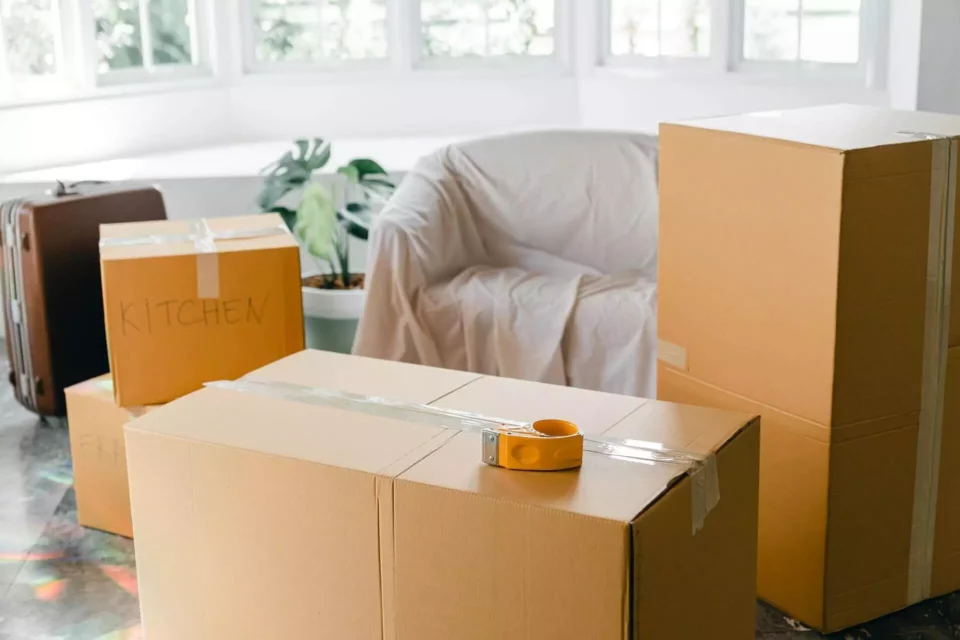
Healthcare and Education Systems in Thailand
The country boasts a robust healthcare system, particularly in cities, with medical facilities offering high-quality care. Health insurance is crucial as medical treatments can be expensive. Do remember to get recommended vaccinations for diseases like Hepatitis A and Typhoid before relocating! The education system provides a wide selection of international schools following different curriculums, ideal for expat children.
Moving to Thailand With Pets
Relocating overseas with pets involves adhering to specific regulations, including vaccination and quarantine requirements. Finding pet-friendly housing can be challenging in certain areas, so it’s crucial to consider this in your search. Don’t leave this task for the last minute.
Storage Service
Organizing an international move can be a nightmare if you don’t have a professional relocation company to help you with the overseas shipping of your entire household inventory.
Read MoreOverseas Vehicle Shipping
When it comes to relocating your car, there is a way to do it that won’t cause a headache.
Read MoreMoving Insurance
When you start planning an international relocation, you will face many challenges – organizing a move abroad is never easy.
Read MoreThe Best Cities and Places to Live in Thailand
Thailand offers a diverse range of cities and locations to live in, catering to a variety of lifestyle preferences. If you crave urban life and love the hustle and bustle of a city, Bangkok is an ideal choice. Thailand’s capital city offers numerous job opportunities, shopping malls, international schools, and vibrant nightlife. It’s a blend of modern and traditional, with luxury condos standing alongside ancient temples.
For those who prefer a more tranquil setting, Chiang Mai is perfect. Nestled amidst mountains and lush greenery, Chiang Mai is known for its slower pace of life, great expat community, and lower cost of living compared to Bangkok. For beach lovers, coastal places like the city of Phuket and Hua Hin offer a relaxing beachside lifestyle. They are popular tourist destinations with a variety of recreational activities, from water sports to golfing.
When choosing the right neighborhood, consider factors like proximity to your workplace, access to amenities like markets, healthcare facilities, and schools, and the type of community there – whether it’s predominantly locals or expats. Do thorough research and, if possible, visit beforehand to choose the city that suits you best.
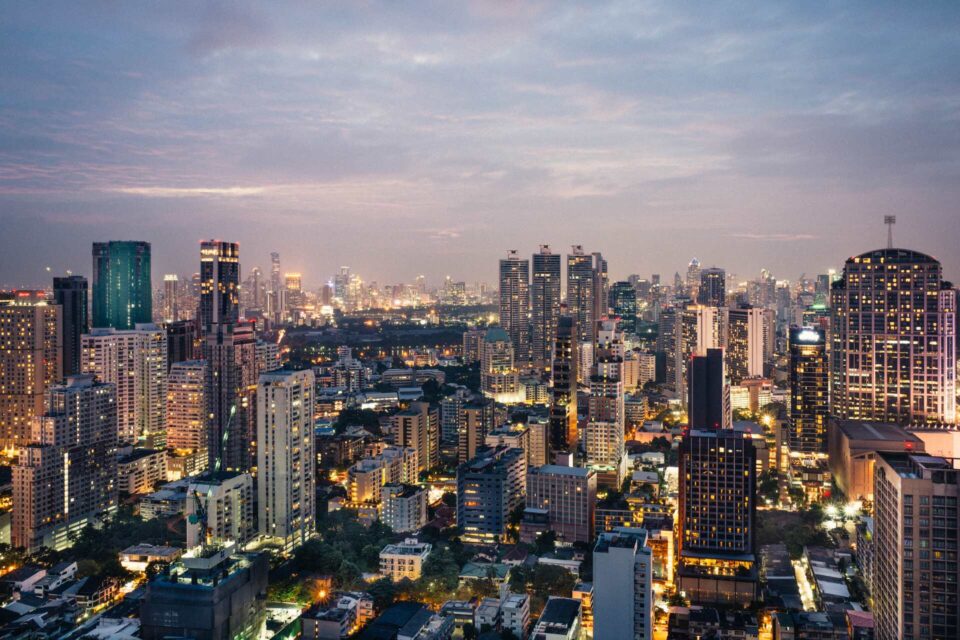
Other Things to Know When Moving From the US to Thailand
Relocating from the US to Thailand is surely an exciting adventure, but it’s essential to familiarize yourself with certain aspects of Thai culture and customs. Aside from adapting to a new environment, there are other important things to consider. Let us provide valuable insights into these aspects and more, ensuring that your relocation is filled with pleasant experiences and successful integration into the local lifestyle.
Which Language Is Spoken There?
The official language of Thailand is Thai, and it’s spoken across the country with slight regional variations. While English is commonly understood and spoken in major cities and tourist areas, in rural parts of Thailand, the proficiency level may not be as high. Many expatriates and international visitors choose to learn basic Thai phrases to help navigate day-to-day interactions and show respect for the local culture.
What’s the Climate Like?
Thailand is known for its tropical climate, characterized by high temperatures and humidity throughout the year. The country has three primary seasons: the hot season from March to June, the rainy (or monsoon) season from July to October, and the cool season from November to February. However, the term “cool” is relative in this case – temperatures during this time can still reach a comfortable 20 to 30 degrees Celsius. Remember to pack and prepare for this climate accordingly with lightweight, breathable clothing and appropriate protection against the monsoon rains if you’re arriving in the rainy season.
What Kind of Cuisine Is Thai?
Thai cuisine is renowned worldwide for its complex flavors, blending spicy, sweet, sour, salty, and bitter notes in perfect harmony. Thai food is often based on rice or noodles, accompanied by a variety of meats, vegetables, and a generous dose of aromatic herbs and spices. Some popular dishes include Pad Thai (a stir-fried noodle dish), Gaeng Daeng (red curry), and Tom Yum Goong (a spicy and sour shrimp soup).
The nation is famous for its street food, offering a diverse range of affordable and delicious options. The country is also accommodating to different dietary requirements. For instance, vegetarian and vegan options are readily available, and most dishes can be customized to suit your spice tolerance. Thailand’s rich culinary scene is definitely one of the delights of living in the country.
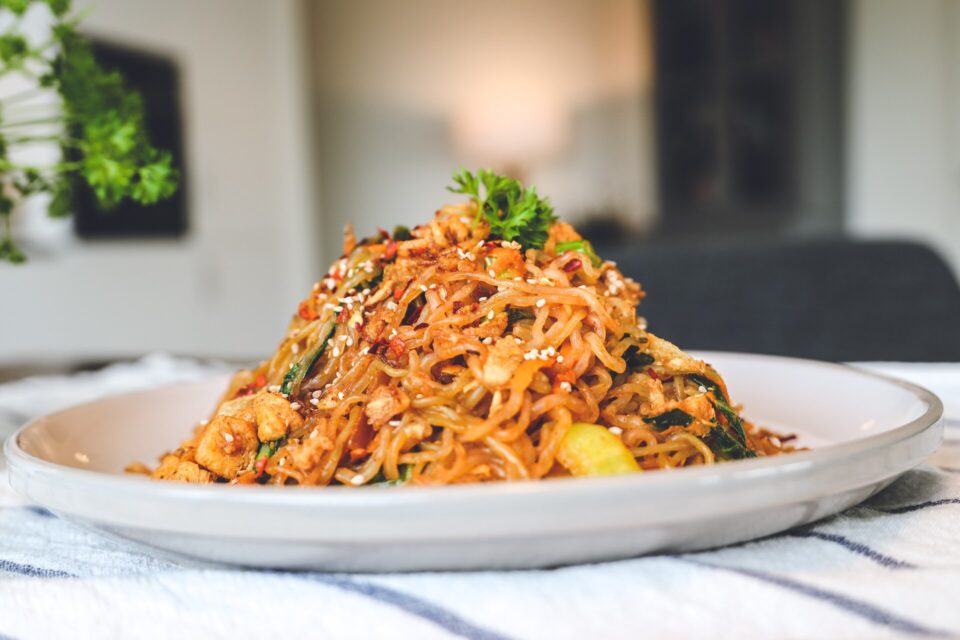
Moving to Thailand as an American Is Best Done With Some Help – Contact My International Movers
Relocating to another country is a significant life change, and while it can be an exciting adventure, the logistics of such a move can be challenging. This is especially true when going from the US to Thailand, as the cultural, language, and lifestyle differences can be overwhelming. However, this is where the expertise of an international moving company comes in handy. Consider working with My International Movers – we are known for reputable moving services and have plenty of experience in shipping overseas.
Our overseas shipping company understands the ins and outs of international relocations and can ensure your relocation to Thailand is as smooth as possible. From providing packing assistance to ensuring all items reach your new home safely, we handle the intricacies so you can focus on settling into your new environment. Moreover, our overseas moving company offers customized services to fit individual needs. Whether you’re relocating your entire household or have special items that require delicate handling, we’ve got you covered. So, don’t waste any more time – contact us, and let’s embark on this journey together!
FAQ
What Is the Cost of Living Like in Thailand?
The cost of living in Thailand varies depending on your location and lifestyle. Generally, it is affordable compared to Western countries. Rent, transportation, and food are reasonably priced. However, cities like Bangkok can be more expensive than rural areas.
What Documentation Do I Need to Move to Thailand?
To move to Thailand, you’ll need a valid passport, a Thai visa or entry permit, and a work permit if you plan to work. It’s also advisable to have copies of important documents like birth certificates and marriage certificates.
What Are Some Common Cultural Norms and Customs in Thailand?
Thai culture emphasizes respect, politeness, and the concept of “saving face.” Bowing as a greeting, removing shoes before entering homes or temples, and avoiding public displays of affection are common customs. Buddhism plays a significant role, with monks being highly respected.

